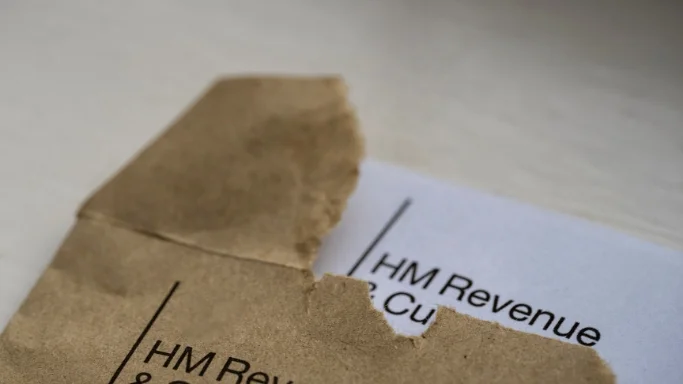
Making Tax Digital (MTD) for Businesses
The UK’s tax system is not exempt from the transition in an increasingly digital world. Making Tax Digital (MTD) is a government initiative to simplify the process of keeping records and submitting taxes for businesses and the self-employed. The goal is to make tax administration more effective, efficient, and easier for taxpayers.
What is Making Tax Digital (MTD)?
Introduced by HMRC, Making Tax Digital (MTD) is a vital part of the UK government’s plans to make it easier for individuals and businesses to get their taxes right. MTD is a significant change that requires most businesses to keep digital records and submit taxes electronically. The primary purpose of MTD is to make tax administration more efficient for taxpayers and the government.
Who Needs to Comply with MTD?
Currently, MTD applies to VAT-registered businesses with a taxable turnover above the VAT threshold. Since April 2019, these businesses have been required to keep digital records and submit VAT returns using MTD-compatible software. From April 2022, all VAT-registered businesses, regardless of turnover, must follow MTD rules for their VAT.
It’s not only businesses dealing with VAT that need to pay attention to MTD. HMRC has a broader vision, and from April 2026, self-employed businesses and landlords with an annual business or property income above £50,000 will have to follow the rules for MTD for Income Tax.
Benefits of Making Tax Digital
MTD offers numerous benefits to businesses. It ensures the tax system is more accurate, efficient, and accessible for taxpayers. It reduces the amount of tax lost due to errors and mistakes, as digital records are more accurate than manual ones. It also makes it easier for businesses to understand how much tax they owe, giving them greater certainty about their financial position.
With MTD, businesses can provide quarterly updates to HMRC, making it easier to manage and forecast cash flow. This is especially beneficial for small businesses and sole proprietors.
MTD for VAT
Under MTD for VAT, businesses must keep digital records and use software to submit their VAT returns. Most businesses with a taxable turnover above the VAT threshold £85,000 must follow the MTD for VAT rules.
MTD for Income Tax
Making Tax Digital for Income Tax Self-Assessment (MTD for ITSA) is the next step in HMRC’s plan. From April 2026, self-employed individuals and landlords with business or property income above £50,000 per year must follow the MTD for Income Tax rules.
The Future of MTD
The government has announced plans to expand the scope of MTD. By 2026, all businesses and individuals who file income tax self-assessment tax returns for business or property income above £50,000 annually will need to use software to keep digital records and submit their tax returns.
MTD will apply to all taxes and all businesses, without exception, making it one of the most significant changes in the UK tax system in recent history.
Conclusion
Making taxes Digital represents a fundamental change in how businesses deal with their taxes. It brings tax management into the 21st century, making it more accessible, efficient, and effective for everyone involved.
In this new digital era, businesses must understand MTD and how it affects them. The benefits are clear, but being prepared and understanding the obligations is essential. MTD may seem daunting, but with the proper guidance and tools, it’s a change that all businesses can manage.
Key points to remember:
- MTD is a UK government initiative to digitalize tax.
- MTD currently applies to VAT-registered businesses but will soon expand to self-employed individuals and landlords.
- MTD requires digital record-keeping and tax submission.
- MTD provides numerous benefits, including increased accuracy and efficiency.
- All businesses will need to comply with MTD by 2022.
With these points in mind, businesses should take the necessary steps to prepare for MTD. Whether it’s understanding the MTD rules, choosing the right software, or getting help from a professional, preparation is vital to making the transition as smooth as possible.


Request a call back
Let us know when you would like us to call you back by filling in this form:
Our 5 Star Reviews



Latest News

Making Tax Digital 2023: MPs Criticise Delays and Complexity
Explore the challenges and impacts of the UK’s Making Tax Digital initiative, including delays and the cost burden on taxpayers.

Making Tax Digital: Small Business Review
Making Tax Digital Small Business Review 2023: Understanding the Basics and Preparing for Change Introduction to Making Tax Digital (MTD) Since 1948, Jack Ross Chartered

Making Tax Digital: The Rising Costs and Challenges
Making Tax Digital: The Rising Costs and Challenges Introduction Making Tax Digital (MTD), the ambitious initiative by HM Revenue & Customs (HMRC) to digitise the
